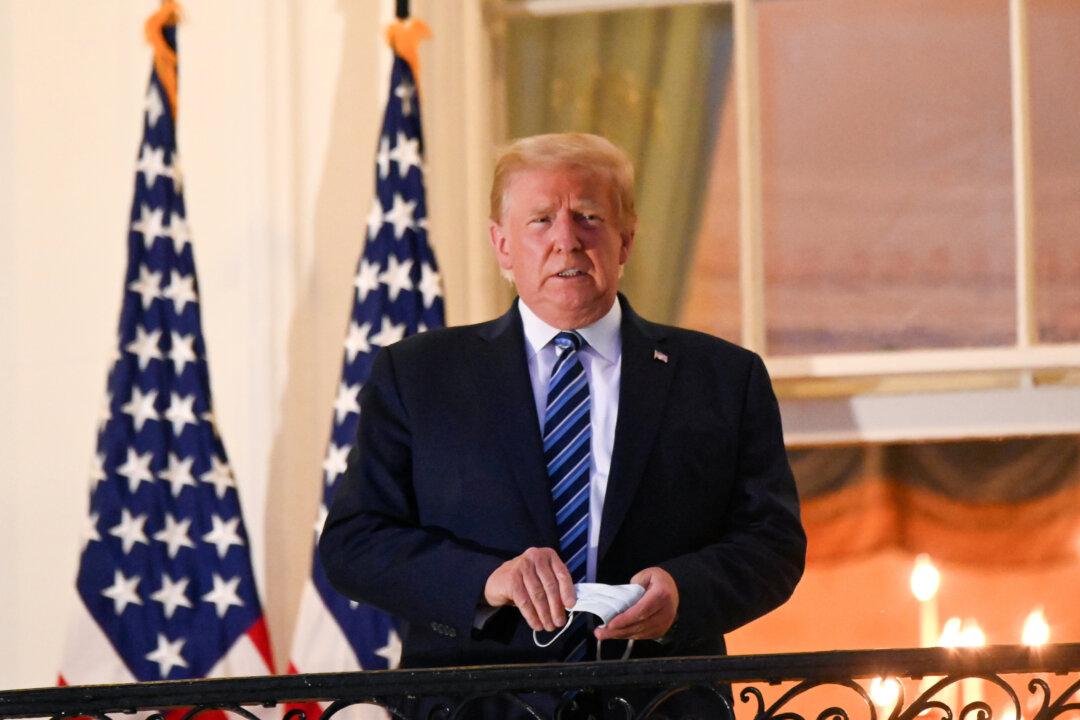President Donald Trump on Dec. 18 signed into law bipartisan legislation that forces foreign companies listed on American exchanges to observe U.S. accounting rules—a move that could see Chinese companies delisted from U.S. exchanges.
The Holding Foreign Companies Accountable Act will require Chinese companies to comply with U.S. auditing and reporting standards or face exclusion from U.S. stock exchanges. The bill was passed unanimously in the House earlier this month and passed in the Senate by unanimous consent in May.





